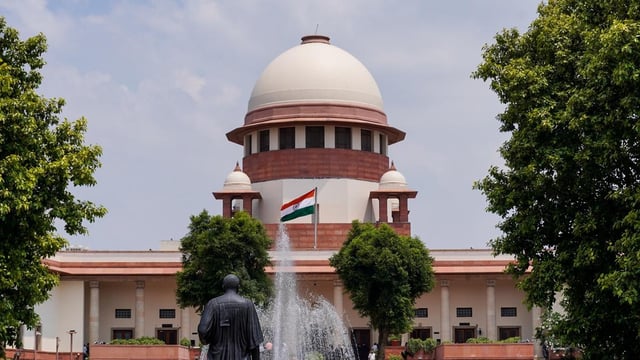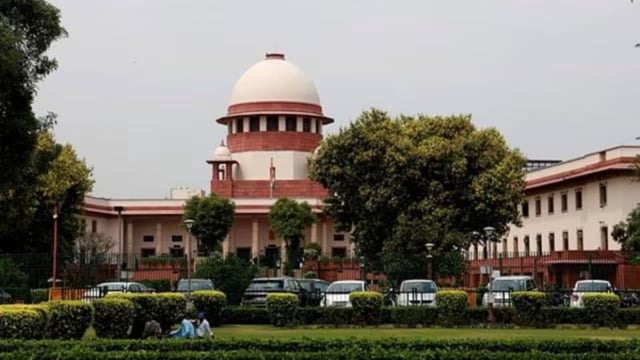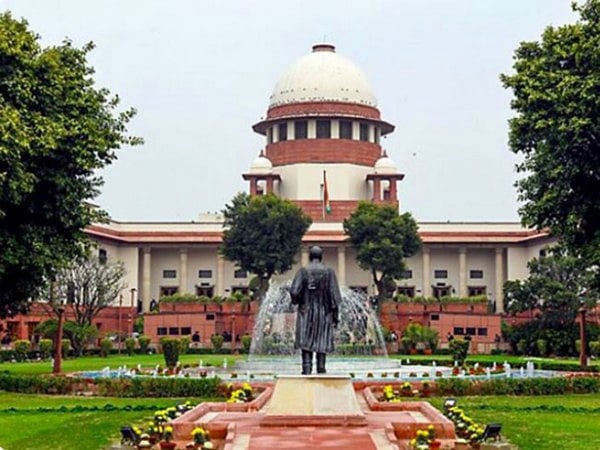Overview
- The five-judge bench led by Chief Justice B. R. Gavai pressed whether an interpretation of Article 200 that permits withholding assent could let governors stall even money bills.
- Maharashtra’s counsel Harish Salve argued that only a governor or the President can grant assent, that courts cannot direct assent, and that such decisions are not subject to judicial review under Article 361.
- Solicitor General Tushar Mehta contended the money-bill concern is addressed by Article 207 because such bills require the governor’s recommendation at introduction, and he maintained any timelines should be set by Parliament rather than the judiciary.
- Madhya Pradesh’s counsel Neeraj Kishan Kaul urged that fixed deadlines are impracticable and that the constitutional scheme leaves these choices to political processes and legislative design.
- Arguments are ongoing in the Article 143 reference stemming from the court’s April 8 ruling that set time-bound constraints and a deemed-assent remedy, with further submissions slated to continue this week.


